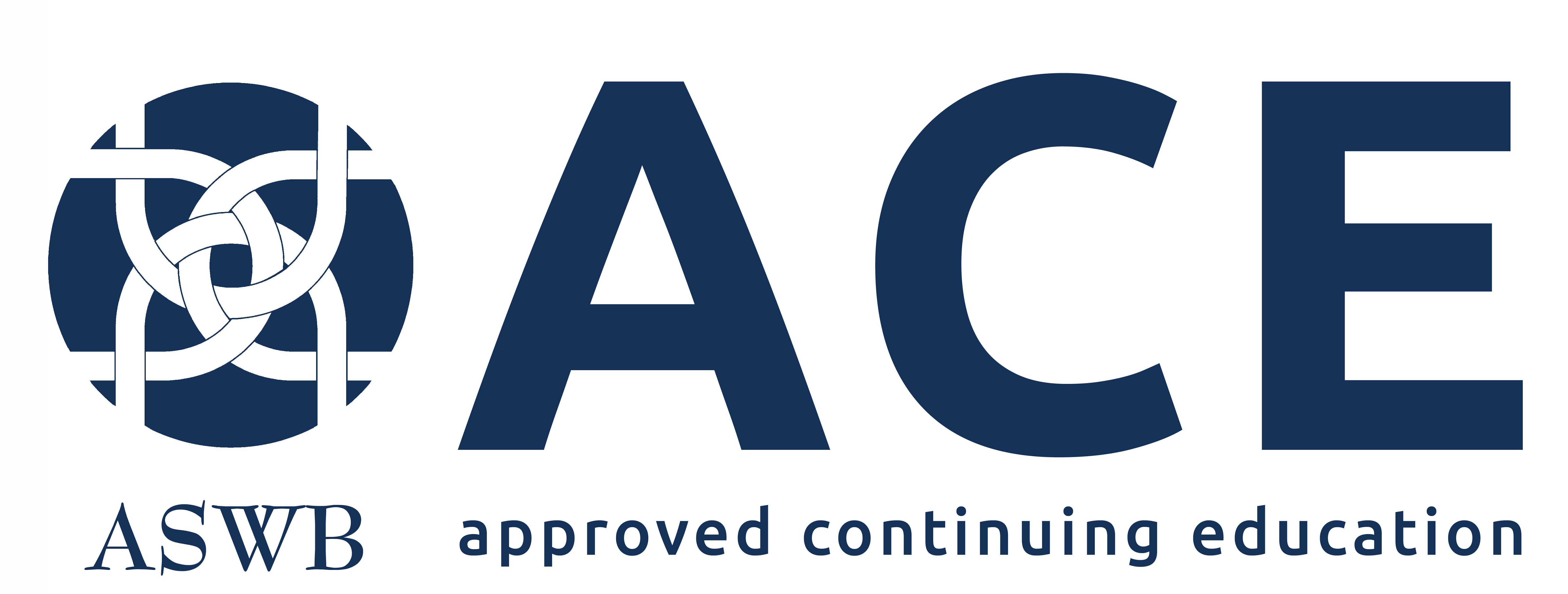Series Overview
This educational series is designed for CSP/CCS staff who have completed the Bucket Approach training to provide the additional training and information needed for these professionals to implement, sustain, and grow the Bucket Approach in their CSP/CCS programs. Learners will do this through: 1) attending a presentation by new faculty; 2) review of requested materials; and 3) sharing the results of using the Bucket Approach.
Target Audience
MD/DO, RN, Social Workers, Psychotherapists, Case Managers, Psychologists, Administrative Staff, and Substance Abuse Counselors.
Planning Committee
| Bruce Christiansen, PhD Chair | Michael C. Fiore, MD, MPH, MBA | |
| Donna Riemer, RN-PMHN | Meg Feyen, BSW, MA | Katie Greiber, Coordinator |
Accreditation Statement
 | In support of improving patient care, the University of Wisconsin–Madison ICEP is jointly accredited by the Accreditation Council for Continuing Medical Education (ACCME), the Accreditation Council for Pharmacy Education (ACPE), and the American Nurses Credentialing Center (ANCC) to provide continuing education for the healthcare team. |
Credit Designation Statements
American Medical Association (AMA)
The University of Wisconsin–Madison ICEP designates this live activity for a maximum of 1.0 AMA PRA Category 1 Credit™. Physicians should claim only the credit commensurate with the extent of their participation in the activity.
American Nurses Credentialing Center (ANCC)
The University of Wisconsin–Madison ICEP designates this live activity for a maximum of 1.0 ANCC contact hour.
American Psychological Association (APA)
 | Continuing Education (CE) credits for psychologists are provided through the co-sponsorship of the American Psychological Association (APA) Office of Continuing Education in Psychology (CEP). The APA CEP Office maintains responsibility for the content of the programs. |
ASWB Approved Continuing Education (ACE)
 | As a Jointly Accredited Organization, the University of Wisconsin–Madison ICEP is approved to offer social work continuing education by the Association of Social Work Boards (ASWB) Approved Continuing Education (ACE) program. Organizations, not individual courses, are approved under this program. State and provincial regulatory boards have the final authority to determine whether an individual course may be accepted for continuing education credit. University of Wisconsin–Madison ICEP maintains responsibility for this course. Social workers completing this course receive 1.0 live continuing education credits. |
Continuing Education Units
The University of Wisconsin–Madison ICEP, as a member of the University Professional & Continuing Education Association (UPCEA), authorizes this program for 0.1 continuing education units (CEUs) or 1.0 hours.
POLICY ON FACULTY AND SPONSOR DISCLOSURE
It is the policy of the University of Wisconsin–Madison Interprofessional Continuing Education Partnership (ICEP) to identify, mitigate and disclose all relevant financial relationships with ineligible companies* held by the speakers/presenters, authors, planners, and other persons who may influence content of this accredited continuing education (CE). In addition, speakers, presenters and authors must disclose any planned discussion of unlabeled/unapproved uses of drugs or devices during their presentation. For this accredited continuing education activity, all relevant financial relationships have been mitigated and detailed disclosures are listed below.
* Ineligible companies are those whose primary business is producing, marketing, selling, re-selling, or distributing healthcare products used by or on patients. The ACCME does not consider providers of clinical service directly to patients to be commercial interests.
Detailed disclosures will be available prior to the start of the activity.
As a result of participation in this educational activity, learners will be able to:
- Demonstrate skills necessary to address the tobacco use of their clients including use of the Bucket Approach
- Increase provision of the Bucket Approach
- Effectively help CSP/CCS clients quit tobacco use
- Work in teams and improve communication with other members of the interprofessional healthcare team treating tobacco dependence

 Facebook
Facebook Twitter
Twitter LinkedIn
LinkedIn Forward
Forward